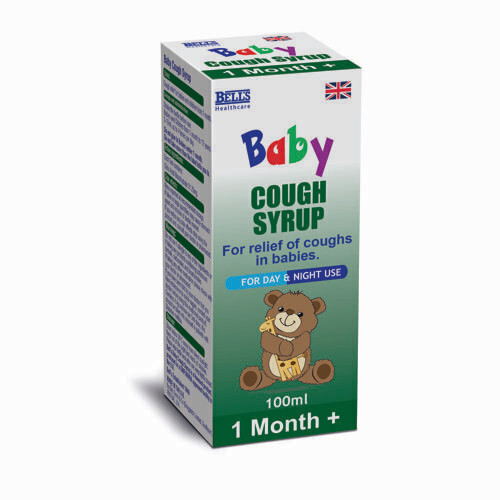
Baby Cough: A Comprehensive Guide for Parents
Coughing is a common reflex that helps clear the airways of irritants, mucus, or foreign objects. While it can be a nuisance, coughing is usually not a cause for concern. However, in babies, coughing can sometimes be a sign of an underlying medical condition.
Causes of Baby Cough
The most common causes of baby cough include:
- Viral infections: The common cold, flu, and other viral infections can cause coughing. These infections are usually mild and will resolve on their own within a few days.
- Bacterial infections: Bacterial infections, such as pneumonia and bronchitis, can also cause coughing. These infections may require antibiotics to treat.
- Allergies: Allergies to things like dust, pollen, or pet dander can cause coughing.
- Asthma: Asthma is a chronic condition that causes inflammation and narrowing of the airways. This can lead to coughing, wheezing, and shortness of breath.
- Gastroesophageal reflux disease (GERD): GERD is a condition in which stomach acid flows back into the esophagus. This can cause coughing, especially at night.
- Foreign objects: If a baby inhales a foreign object, such as a small toy or piece of food, it can cause coughing.
Symptoms of Baby Cough
The symptoms of baby cough can vary depending on the underlying cause. Some common symptoms include:
- Dry cough: A dry cough is a cough that does not produce any mucus.
- Wet cough: A wet cough is a cough that produces mucus.
- Hacking cough: A hacking cough is a short, forceful cough.
- Barking cough: A barking cough is a cough that sounds like a dog’s bark.
- Wheezing: Wheezing is a high-pitched whistling sound that occurs when the airways are narrowed.
- Shortness of breath: Shortness of breath is a feeling of not being able to get enough air.
When to See a Doctor
Most baby coughs are not a cause for concern. However, it is important to see a doctor if your baby has any of the following symptoms:
- Cough that lasts for more than two weeks
- Cough that is accompanied by fever, wheezing, or shortness of breath
- Cough that is getting worse
- Cough that is preventing your baby from sleeping or eating
- Cough that is accompanied by other symptoms, such as vomiting, diarrhea, or rash
Treatment for Baby Cough
The treatment for baby cough will depend on the underlying cause. For mild coughs, there are a few things you can do at home to help relieve your baby’s symptoms:
- Use a humidifier: A humidifier can help to add moisture to the air, which can help to soothe a dry cough.
- Give your baby plenty of fluids: Fluids can help to thin mucus and make it easier to cough up.
- Elevate your baby’s head: Elevating your baby’s head can help to prevent mucus from pooling in the back of the throat.
- Use a nasal aspirator: A nasal aspirator can help to remove mucus from your baby’s nose.
If your baby’s cough is severe or is not improving with home treatment, your doctor may recommend medication. Medications that may be used to treat baby cough include:
- Cough suppressants: Cough suppressants can help to reduce the frequency and severity of coughing.
- Expectorants: Expectorants can help to thin mucus and make it easier to cough up.
- Bronchodilators: Bronchodilators can help to open up the airways and make it easier to breathe.
Prevention of Baby Cough
There is no surefire way to prevent baby cough, but there are a few things you can do to reduce your baby’s risk of getting sick:
- Wash your hands frequently: Washing your hands frequently can help to prevent the spread of germs.
- Avoid contact with sick people: If possible, avoid contact with people who are sick.
- Keep your baby’s environment clean: Clean your baby’s toys, bedding, and other surfaces regularly to help prevent the spread of germs.
- Get your baby vaccinated: Vaccinations can help to protect your baby from certain respiratory infections.
Conclusion
Baby cough is a common problem, but it is usually not a cause for concern. However, it is important to be aware of the symptoms of baby cough and to see a doctor if your baby’s cough is severe or is not improving with home treatment.
